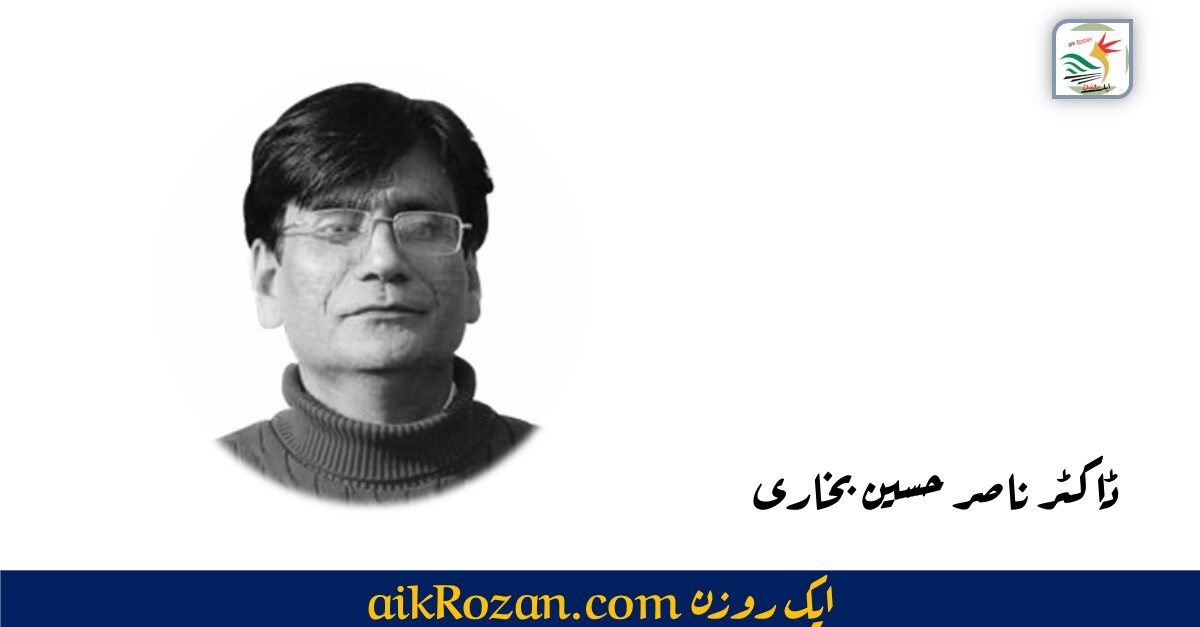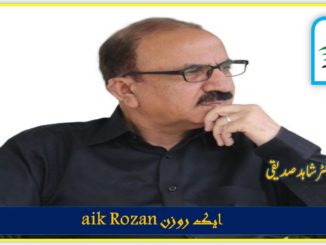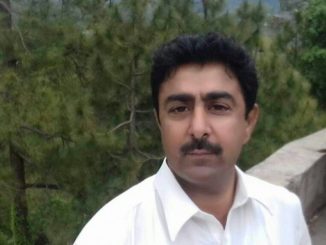
April 10th significance for Pakistan
by, Dr. Nasir Hussain Bukhari
Why is the 10 of April a significant day in the history of Pakistan?
This may be coincidence in history that three events happened on 10th April in different years, but each event has its own importance. These three events changed the course of history.
April 10,1973
After the separation of East Pakistan in December 1972, the President Yahya Khan was forced to resign on December 20, 1972. The power was transferred to Zulfiqar Ali Bhutto, who took over as the civil martial law administrator of Pakistan. It is unique precedence in recent history that a military dictator had to transfer power to an elected leader of a political party. Unfortunately, the country was being governed without a constitution.
Bhutto constituted a constitution commission in 1972. First, an interim constitution was implemented and finally, on April 10, 1973, the third constitution was unanimously adopted by the National Assembly of Pakistan.
The 1973 Constitution has been amended several times. Twice efforts were made to shift the powers from the Prime Minister to the office of the President by two military dictators General Ziaul Haq and General Pervaiz Mushraf in 1985 and 2001 respectively.
These shifts of powers were repealed by the parliament twice to empower the prime minister office and parliament. Although, now the provinces are experiencing the provincial autonomy but still the real power has not been given to the parliament and the struggle for strengthening democratic institutions is underway.
April 10, 1986
Another significant day of April 10,1986 was the return of Shaheed Benazir Bhutto from exile. She went into exile after her courageous struggle for the restoration of democracy during the trial of her father Z.A. Bhutto and after his capital sentence on April 04,1979.
Benanzir Bhutto faced all kinds of hardships including solitary detention and the tragic demise of her beloved brother Shah Nawaz Bhutto. She resisted Zia regime and launched Movement for the restoration of Democracy MRD creating alliance with other opposition political parties involved in Tehreek e Nizam e Mustafa against her father.
She observed an overwhelming reception of more than 3 million people in Lahore. She behaved like a patriotic states-woman by announcing that she would continue peaceful struggle for restoration of democracy. Her return from exile and non party elections in 1985 was the major outcome of her struggle along with the support of opposition parties.
April 10, 1988
It might be an historical coincidence that April 10, 1988 brought a havoc for the residents of twin cities Rawalpindi and Islamabad due to explosion of Ojhri Camp ammunition depot located near Faizabad in the few kilometers away from Presidency house, GHQ in Rawalpindi and Parliament in Islamabad. This disaster proved disastrous for General Zia and his confidant aides.
Muhamnad Khan Junejo, the PM appointed a committee under the leadership of federal Minister for defence, Malik Naeem Ahmed to probe into this horrible incident to fix the responsible.
The committee did hard work and held some top brass general responsible for this incident.
According to the political tradition, the Junejo government took any action, the President exercised his discretionary power of 58 2(B), federal provincial assemblies were dissolved, governments were dismissed. The country was in the same vicious cycle of history.
The interesting fact is that sometimes intentionally or unintentionally, a date in history becomes important for several prominent events. Such events demand to commemorate so that young generations must know the significance of these events.
Impartial recording of historical facts is essential in the lives of the nations. The analysis of these three different events reveal that Pakistan does not celebrate ‘Constitution Day’ on April 10, Pakistan Peoples Party did not bother to highlight the importance of Benazir Bhutto Shaheed’s return from exile and reasons for her exile. The tragic incident of Ojhri Camp must be remembered due to the deaths of innocent citizens of Pakistan.
The author is the president of PPF ThinkTank and is a freelance analyst of globalisation. He is a Ph.D in Education from the Institute of Education, Tsinghua University, Beijing. He is currently serving as the associate professor of education at OPF Girls College, Islamabad, Pakistan.
Email: promethius2012@hotmail.com
Twitter: @Dr.HussainNasir14




